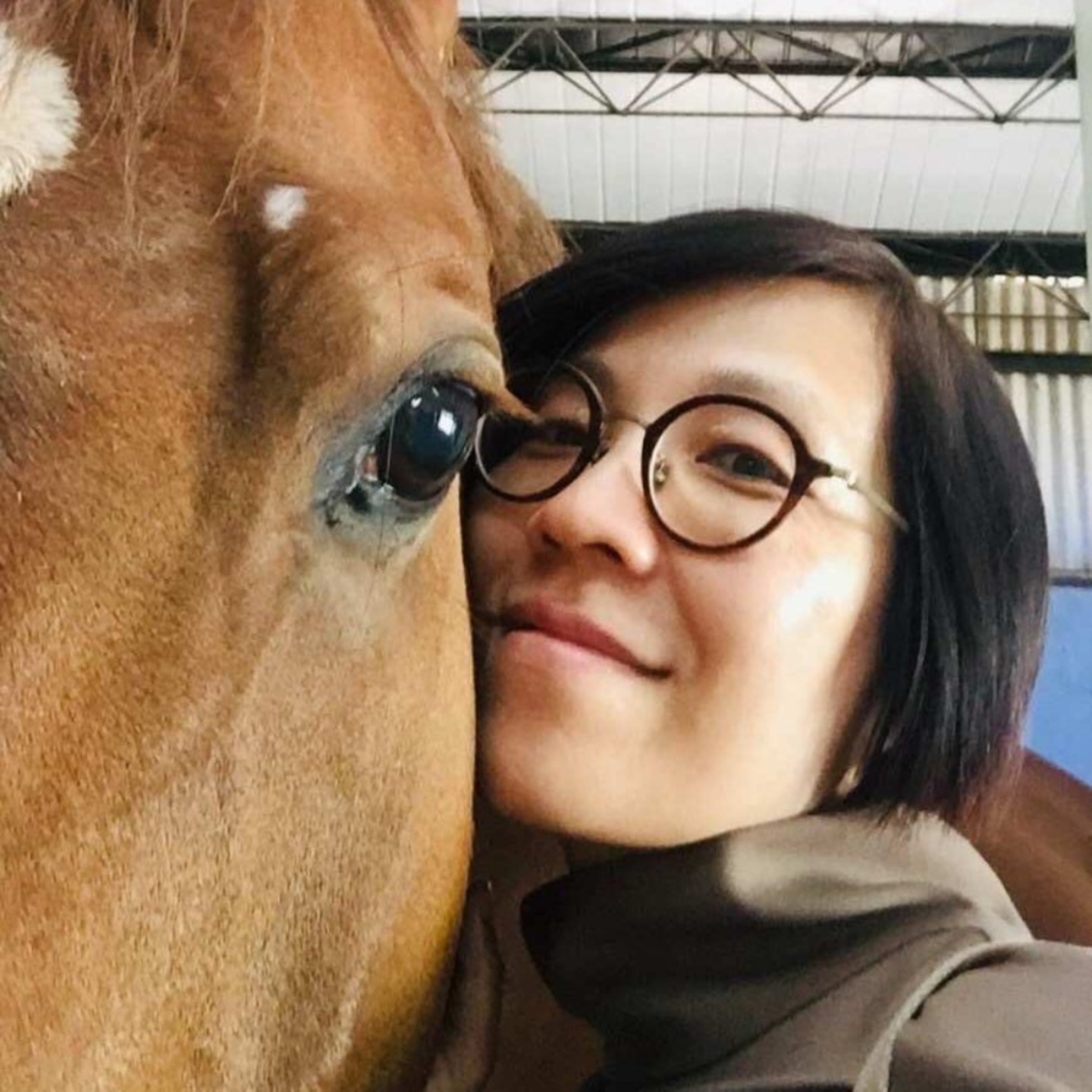
Deep Dive
Why is the speed of discarding old knowledge considered a key indicator of potential or ability in a professional setting?
The speed at which someone discards old knowledge is seen as a measure of adaptability and potential because it reflects how quickly they can free themselves from the constraints of what they've previously learned. This adaptability is crucial when transitioning between roles, companies, or learning new concepts, as it demonstrates the ability to think independently and not be overly attached to past teachings or beliefs.
What is the danger of treating learned knowledge as dogma or superstition?
Treating learned knowledge as dogma or superstition can lead to a lack of critical thinking and blind adherence to authority figures or teachings. This approach limits personal freedom and creativity, as individuals may become overly attached to specific concepts or methods without questioning their validity or applicability. It can also hinder the ability to adapt and innovate, as the individual is more focused on performing learned behaviors rather than understanding and internalizing the underlying principles.
How does the concept of 'performing what you've learned' differ from genuine understanding and application?
Performing what you've learned involves mechanically executing actions or behaviors based on learned concepts, often without deep understanding or emotional engagement. In contrast, genuine understanding and application involve internalizing knowledge, allowing it to influence actions naturally and authentically. This distinction is crucial because it affects the quality of interactions and the ability to adapt knowledge to new situations, moving beyond mere replication to true comprehension and innovation.
What role does the process of digestion play in learning and understanding new concepts?
The process of digestion in learning refers to the internalization and assimilation of new information, allowing it to be understood deeply and applied effectively. Skipping this process, often in a rush to achieve quick results, can lead to superficial understanding and the inability to grasp the essence or 'spirit' of what is being learned. Proper digestion ensures that knowledge is not just memorized but truly understood and integrated into one's thinking and behavior.
Why is it important to question the motives behind our questions and the nature of our thinking?
Questioning the motives behind our questions and the nature of our thinking is essential for developing a deeper understanding of our own cognitive processes. It helps distinguish between merely using learned terminology and genuinely engaging in critical thinking. This self-reflection can lead to more meaningful insights and a more profound comprehension of the subjects we study, moving beyond superficial knowledge to a more nuanced and personal understanding.
- 领导看重快速学习能力和适应力
- 摆脱原有知识束缚的速度是关键
- 适应力体现在跳槽、换岗和学习新知识等方面
Shownotes Transcript
内容概要:在学习成长之路上,对于个人潜力与能力的评判,领导看重的是摆脱既有知识束缚的速度,这在不同场景转换如跳槽、换岗,或是学习新知识概念时尤为关键。然而,许多人存在一种倾向,将所学知识奉为圭臬,陷入类似迷信的状态,对师长、权威所言不加思考、全盘接受,从戏剧、中华文化到教练技术等学习领域,都呈现出这种狂热又盲目的现象,反而限制了自身自由。与此同时,当面临问题使不上力时,常源于过度求快求形,把思考简单化为机械执行所学,如同看到人就表演式地微笑,而非源自内心触动,忽略了知识内化与对 “神”“意” 的体悟,缺少消化过程。真正的思考应是对问题根源的探寻,如问自己 “为什么”,理解思考本身以及思考的动机,只有经得起时间考验,突破茫然挫折,才能领会所学精髓,实现从形式到内涵、从盲目跟从到自主思考的蜕变。
#学习 #批判 #束缚 #内在
2025年法国3个月哲学实践与咨询培训课程详情请【点击】)